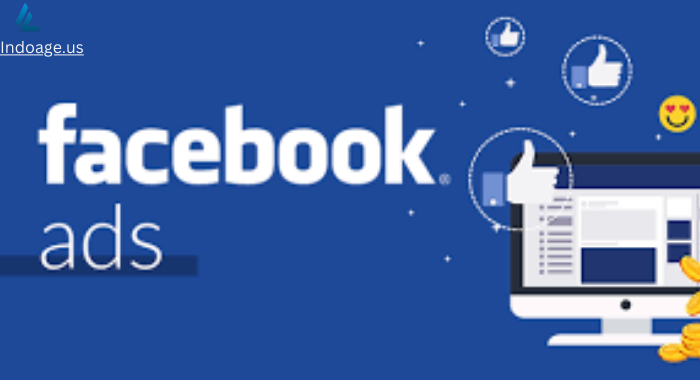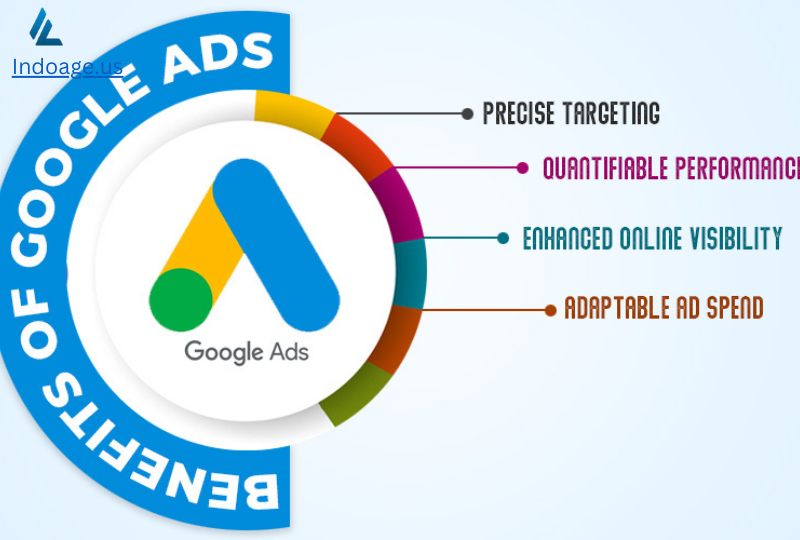What Are Google Ads and Facebook Ads, and How Do They Work?
What Are Google Ads?
Google Ads is a pay-per-click (PPC) platform that allows businesses to place ads on Google’s search engine and its partner networks. Ads are triggered when users type specific keywords, ensuring your business reaches people actively searching for your services or products.
How It Works:
- Keyword Targeting: Businesses bid on keywords relevant to their industry, such as “affordable physiotherapy in the USA”.
- Ad Placement: When users search for these terms, your ad appears at the top of search results or on Google partner websites.
- Pay-per-Click: You pay only when a user clicks on your ad, ensuring cost efficiency.
What Are Facebook Ads?
Facebook Ads is a social media advertising platform that uses eye-catching content to help businesses engage with their target audience. It displays advertisements to individuals who fit your ideal client profile using demographic, behavioral, and interest-based targeting.
How It Works:
- Audience Targeting: You define your audience based on age, location, interests, and more.
- Ad Formats: Choose from a variety of formats, such as image ads, carousel ads, or video ads, to engage users effectively.
- Engagement and Retargeting: Ads appear in users’ feeds, encouraging likes, shares, and clicks. Retargeting options allow you to reconnect with people who’ve interacted with your brand.
Why Use Both Google Ads and Facebook Ads?
Google Ads and Facebook Ads cater to different aspects of the buyer’s journey:
- Google Ads: Aims for users who are most likely to make a purchase. Google Ads makes sure your company shows up at the top of search results when prospective clients actively look for goods or services.
- Facebook Ads: Prioritizes audience awareness and participation. Using interest-based targeting, it exposes your company to prospective clients who might not yet be aware that they require your services.
When both Google Ads and Facebook Ads combined, they provide a thorough marketing plan that targets both passive and active searchers.
Benefits for Patient and Customer Acquisition
1. Targeted Reach
- Google Ads ensures your healthcare services or products are visible to users searching for solutions, such as “best dental clinics near me” or “affordable physiotherapy in the USA.
- Facebook Ads allows you to create awareness by targeting users based on demographics, interests, or behavior—perfect for campaigns like promoting wellness tips or healthcare consultations.
2. Strengthening the Marketing Funnel
Combining both platforms enables you to create a seamless customer journey:
- To reach users when they are still making decisions, use Google Ads.
- Use Facebook Ads to retarget visitors, nurture leads, and engage them with personalized content like service highlights or success stories.
3. Cost Efficiency
A combined approach helps optimize your advertising budget. For instance:
- Use Facebook Ads to build brand awareness at a lower cost.
- Allocate budget to Google Ads for high-intent conversions.
4. Retargeting Opportunities
Did you know that only a fraction of users convert during their first visit to a website?
- Users who clicked on your Google Ads but did not complete the required action—like making an appointment or buying a product—can be retargeted with Facebook Ads.
- The likelihood of converting warm leads into devoted clients rises as a result.

Key Strategies for Using Google Ads and Facebook Ads Together
1. Create a Unified Ad Funnel
- Start with Facebook Ads to introduce your healthcare practice or products to a broad audience. Highlight patient success stories, testimonials, or educational content.
- Use Google Ads to capture high-intent searches from users ready to take action, such as scheduling appointments or purchasing health supplements.
2. Retarget with Precision
- Use Facebook Ads to retarget visitors from your Google Ads campaigns. For instance, individuals who Google “physical therapy near me” may get follow-up Facebook ads promoting your therapy services or exclusive deals.
3. Optimize Messaging for Each Platform
- On Google Ads, focus on keywords and actionable ad copy, such as “Book Your Free Consultation Today.”
On Facebook Ads, craft visually appealing ads with engaging visuals and persuasive CTAs (e.g., “Discover Why Thousands Trust Us for Their Healthcare Needs”).
4. Monitor Performance in a Comprehensive Way
- Use analytics software to track the consumer acquisition impact of Google Ads and Facebook Ads. You can improve the effectiveness of your marketing and resource allocation by examining performance data.
Success Story: How Google Ads And Facebook Ads Helped a US-Based Healthcare Practice Succeed
Google Ads was utilized by a tiny New York medical practice to target people looking for “affordable pediatric care near me.” At the same time, they started running Facebook ads with parent education content like “5 Tips for Keeping Your Child Healthy.”
The outcomes:
- a 45% rise in Google Ads-driven patient inquiries.
- a 60% increase in Facebook Ads-driven brand recognition.
- Retargeting consumers who engaged with their Facebook ads but made appointments through Google Ads increased conversions
Conclusion:
By harnessing the combined power of Google Ads and Facebook Ads, businesses in the USA can achieve unparalleled success in patient and customer acquisition. These platforms complement each other, enabling you to reach your audience at different stages of their journey. Whether you’re a healthcare provider, e-commerce business, or service-based company, leveraging both platforms can drive engagement, boost conversions, and secure long-term growth.
Take your marketing strategy to the next level by integrating Google Ads and Facebook Ads today.
See Also-https://indoage.us/why-indoage-stands-out-among-digital-marketing-agencies-in-the-usa/





